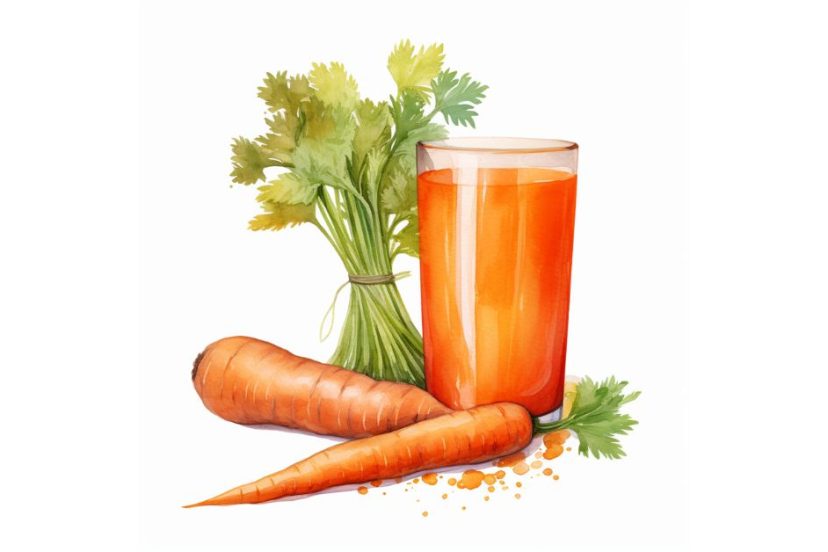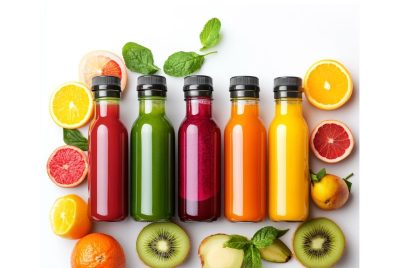What is Carrot Juice Good For?
As someone who is deeply passionate about juicing and healthy living, I have a special fondness for carrot juice. This vibrant, sweet, and slightly earthy juice offers an array of health benefits that make it a superstar in the world of wellness.
So What is Carrot Juice Good For? – Unpacking the Power of Carrots
Before we dive into the benefits, let’s take a moment to appreciate the humble carrot. This crunchy, tasty, and highly nutritious vegetable is a goldmine of health-promoting substances.
Nutritional Profile of Carrots
Carrots are packed with vitamins A, C, K, and B8, along with pantothenic acid, folate, potassium, iron, copper, and manganese. They are also rich in dietary fiber and antioxidants, including carotenoids which give carrots their bright orange color.
The Magic of Juicing Carrots
When we juice carrots, we concentrate their nutrients, making them more readily available for our bodies to absorb. Plus, juicing carrots allows us to consume more in one go than we might if we were eating them raw or cooked.
The Health Benefits.
Now, let’s delve into the various health benefits of drinking carrot juice.
Boosts Immunity
Brimming with antioxidants and vitamin C, carrot juice aids in boosting your body’s immune system. It helps your body fight off diseases and infections, keeping you healthy and robust.
Promotes Eye Health
One of the first things that comes to mind when thinking about carrots is their ability to promote eye health. Carrots are rich in beta-carotene, which converts into vitamin A in our bodies – a vital nutrient for maintaining good vision.
Enhances Skin Health
Want glowing skin? Try carrot juice. The high content of vitamin A and antioxidants helps to fight against free radicals, thereby keeping your skin healthy, radiant, and youthful-looking.
Supports Digestion
The significant fiber content can help regulate your digestive system. A healthy digestive system translates to better absorption of nutrients and effective elimination of waste.
Cardiovascular Benefits
Carrot juice, being rich in potassium, can help regulate blood pressure levels, thereby reducing the risk of cardiovascular diseases.
Making Carrot Juice at Home
Choosing the Right Carrots
Opt for fresh, organic carrots that are firm to the touch. The brighter the color, the higher the beta-carotene content.
The Juicing Process
To juice your carrots, clean them thoroughly under running water. You can choose to peel them or leave the skin on (it’s full of nutrients!). Cut the tops off, feed them into your juicer, and voila – fresh carrot juice!
Enhancing Your Carrot Juice
To add a bit of zing, try blending it with other fruits or vegetables, such as apples, oranges, or ginger.
How to Incorporate it into Your Diet
Incorporating carrot juice into your diet is a breeze. You can have it as a refreshing start to your day or use it as a base for your smoothies.
Personal Experience and Suggestions
In my personal experience, having a glass each day has positively impacted my health and wellness. The energy boost it provides is a fantastic way to kick-start my day.
Conclusion
Carrot juice is truly a boon for your health, offering a plethora of benefits from boosting immunity to enhancing skin health. Make it a part of your daily routine and witness the transformation yourself. Cheers to health!
FAQs
1. Can carrot juice help in weight loss?
It can support weight loss due to its high fiber content that helps keep you full.
2. How much carrot juice should I drink daily?
One to two cups a day is generally safe unless you have an allergy or are sensitive to carrots.
3. Can I drink it in the evening?
Yes, you can drink it at any time of the day.
4. Can carrot juice improve my eyesight?
While it won’t correct vision problems, it can support overall eye health due to its high vitamin A content.
5. Can I store it?
Freshly juiced carrots should be consumed immediately for the best nutritional value. If necessary, you can store it in an airtight container in the refrigerator for up to 24 hours.
Other resources on the subject.
- Carrots, carrot juice, raw: This page from the USDA FoodData Central provides an in-depth nutritional profile of raw carrots, supporting the claims made about carrot’s nutritional composition.
- Carrot Intake and Risk of Colorectal Cancer: A Prospective Cohort Study of 57,053 Danes: This scientific study published in the journal Nutrients investigates the link between carrot intake and a lower risk of colorectal cancer, shedding light on the health benefits of consuming carrots and their juice.




